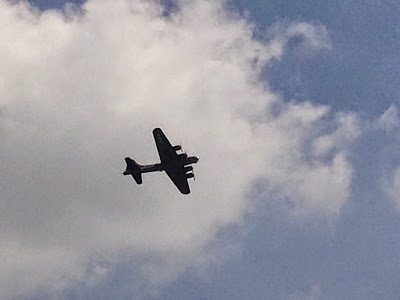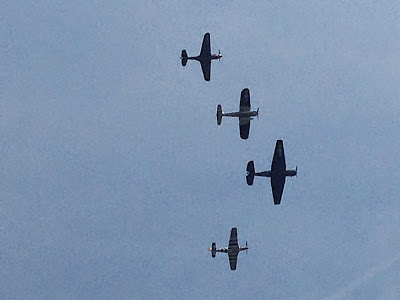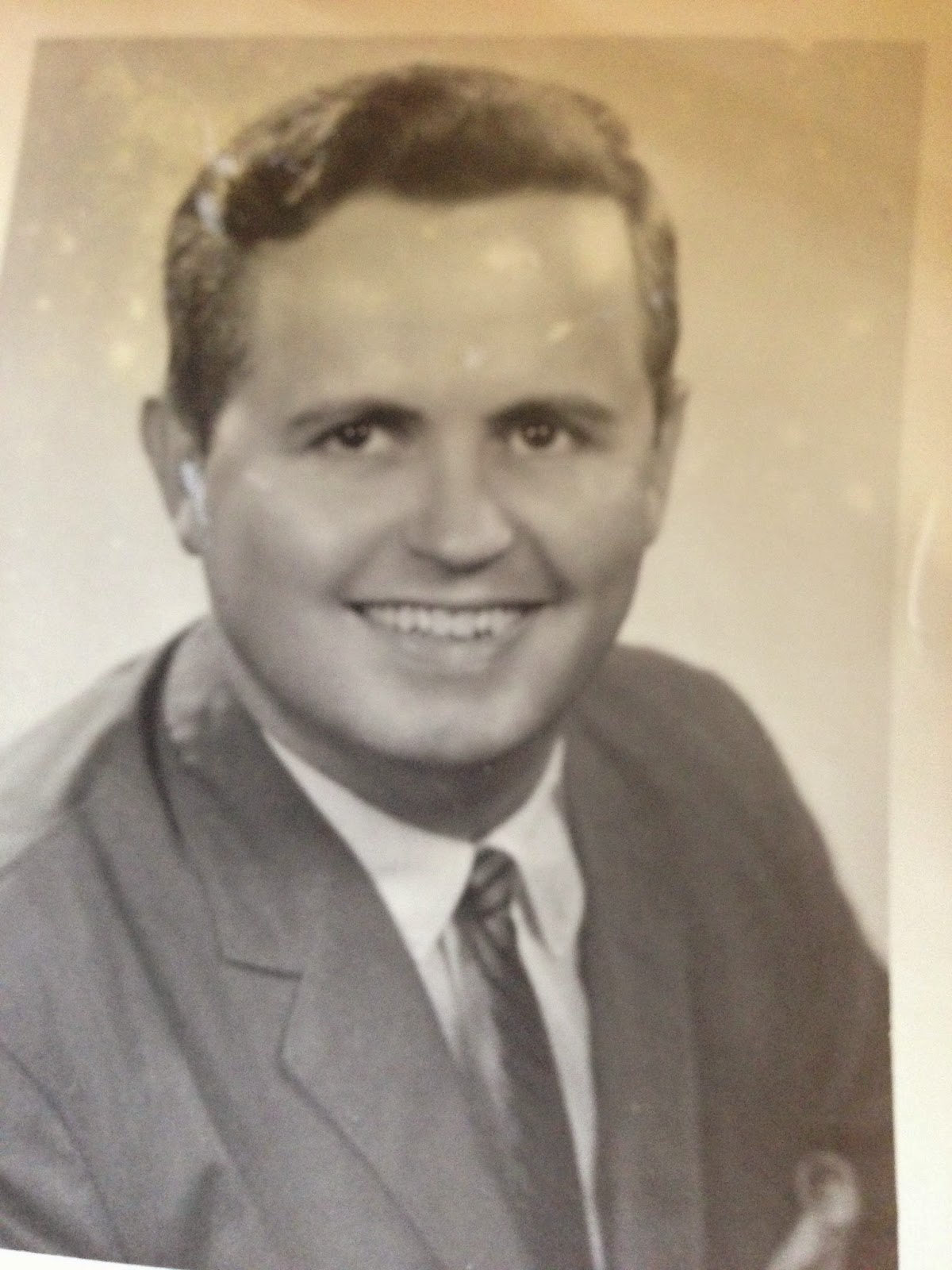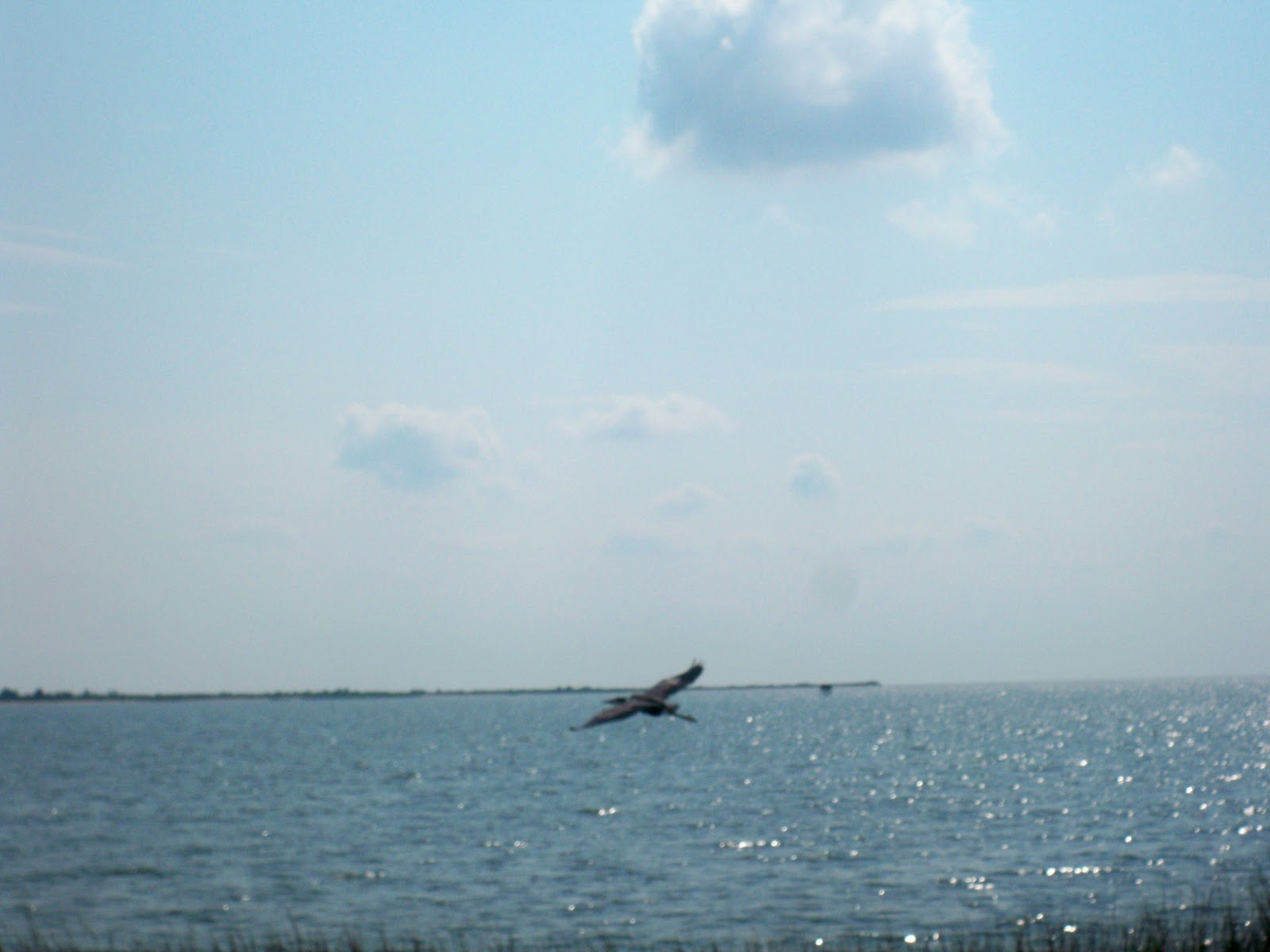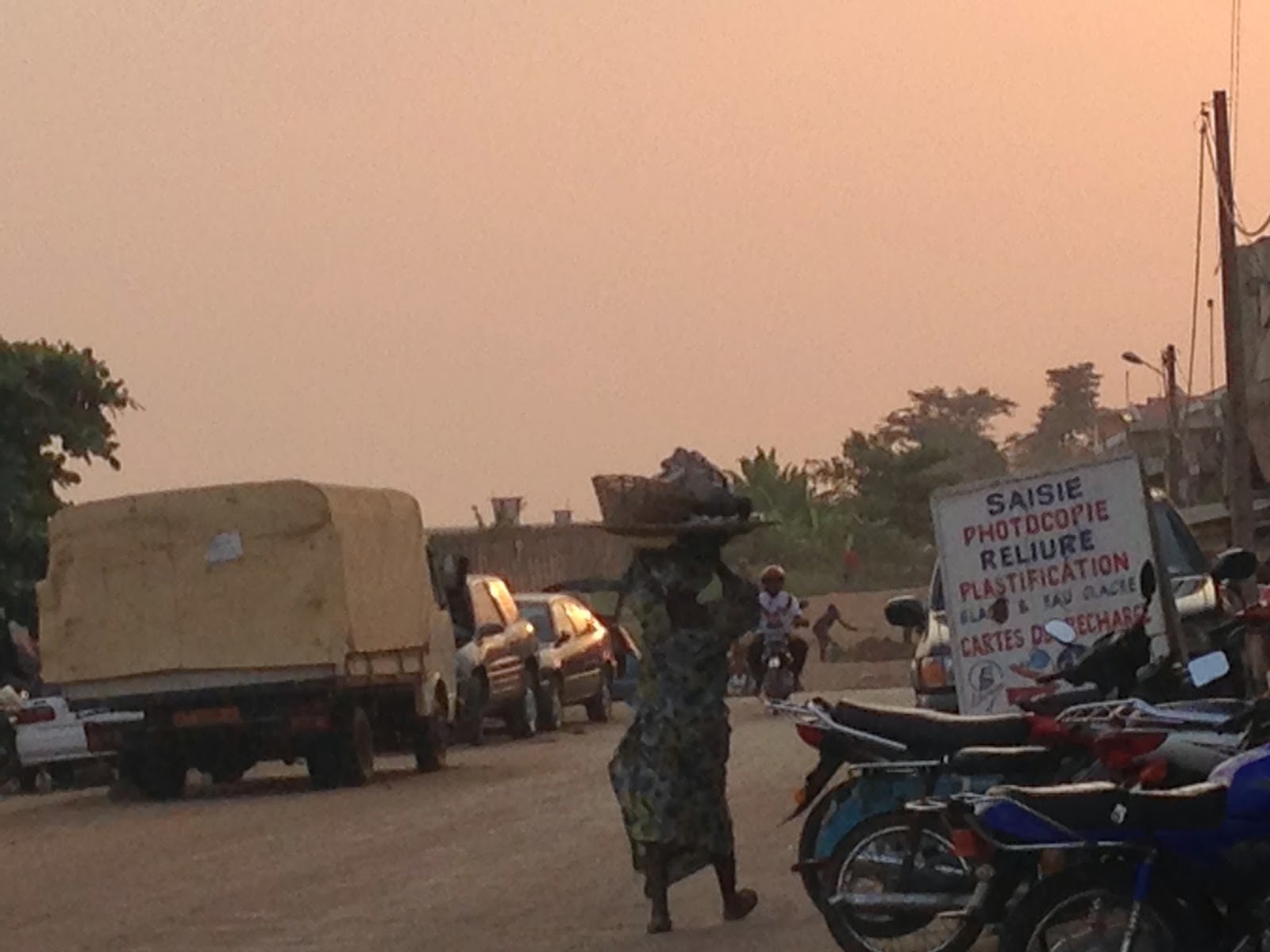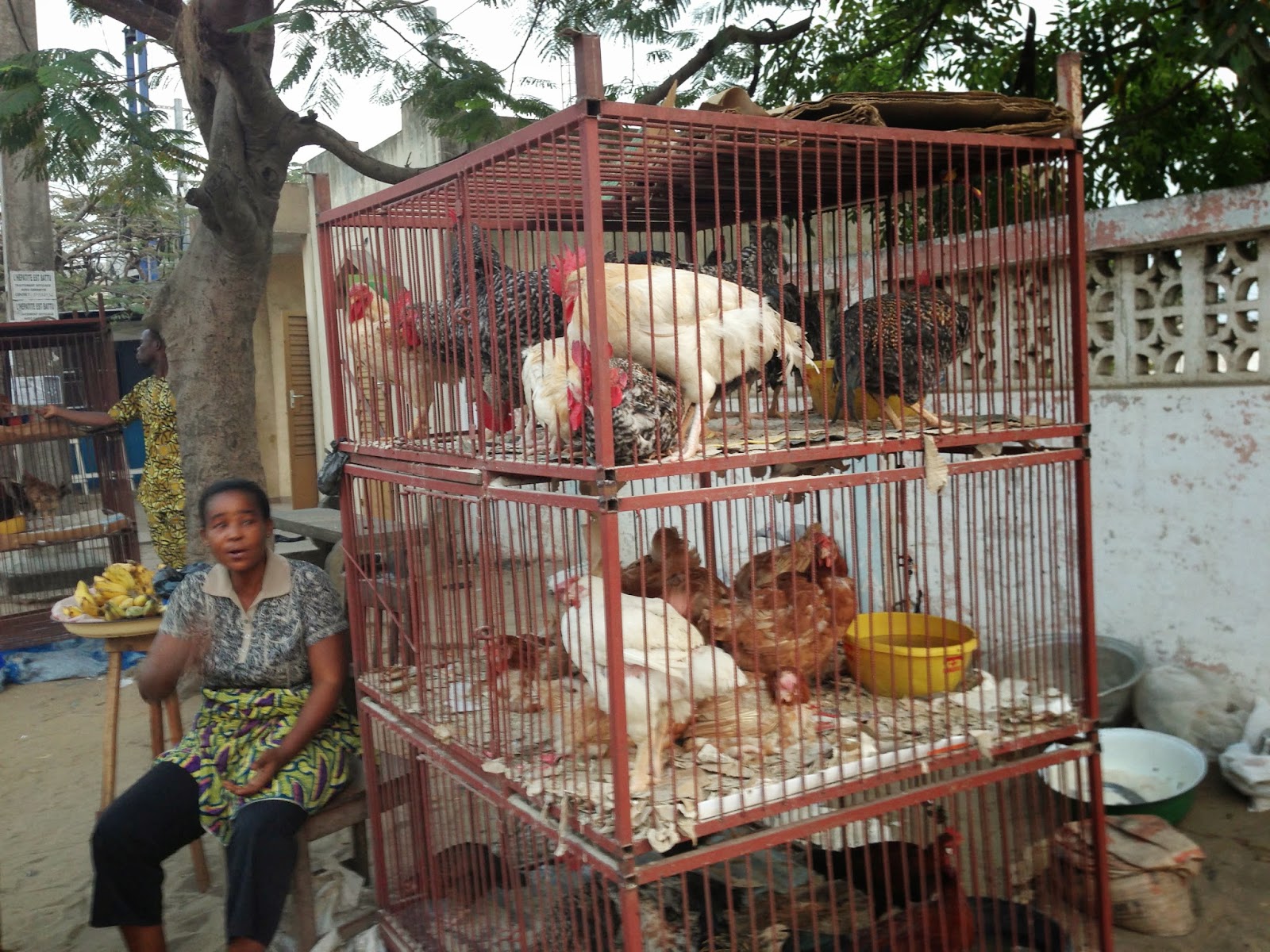The Art of Eating Crabs
Yesterday there was a graduation in Maryland, so after the congratulations and the photographs and the appetizers it was time for the main culinary attraction — that would be the Maryland blue crabs.
They start off blue but by the time you eat them they are red from the steaming and the seasoning. And eating them is an art. First you pull off the legs, then you find a little tab on the underside of the shell that opens up the critter — almost like a can with a pop top. Then you scrape off the gills and eat the meat inside. You save the claws for last, cracking them with a nutcracker or pounding them with a mallet. The meat is delicious!
Yesterday I sat next to some accomplished crab pickers who made the difficult look easy and left a pile of picked-clean shells. “Eating crabs is not just about eating,” said one of the experts. “It’s about sitting around and talking, the whole experience.”
And this was true. Because it takes so long to eat a crab — and because you have to eat so many of them to fill up — the meal is long and the stories fly. We talked about history and the Bible and Willie Nelson and the singer Meat Loaf, the stories unspooling, the crab shells flying and the perfect May day winding down into dusk.

